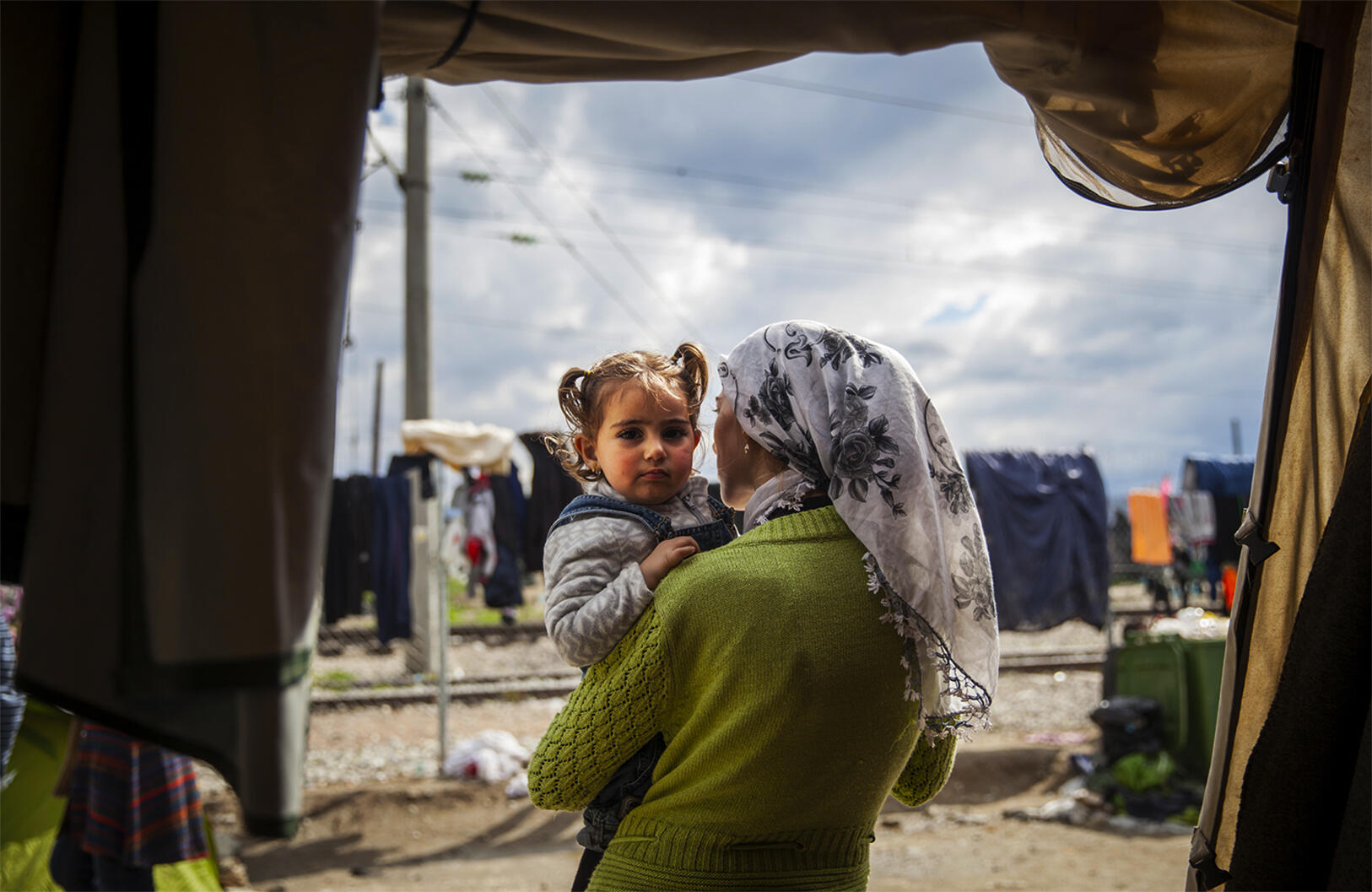
From South Sudan to Syria, people are facing similarly difficult decisions; to stay at home and risk their lives or flee in the hope of finding safety elsewhere.
The conflict in Syria has become one of the largest producers of refugees. The majority of displaced Syrians are still living within Syria's borders, while millions of others have sought refuge in neighbouring countries. Some have become so desperate that they attempt the dangerous journey to Europe in the hope of finding safety and the opportunity to rebuild their lives far away from home.
No one puts their children in a boat unless the water is safer than the land - Warsan Shire
1. People are fleeing their countries to seek safety
Now in its seventh year, the war in Syria has killed and injured over two million people. 12.6 million Syrians, around two thirds of the pre-war population, have been displaced.
But Syria is not the only country in crisis. Other conflicts around the world continue year after year. In Afghanistan, over five million people have been displaced by decades of conflict and natural disasters. In Iraq, more than five million have also been forced to flee their homes.
2. Neighbouring countries have taken in the majority of refugees– but they can only do so much
The majority of refugees from Syria have sought refuge in their neighbouring countries. In Lebanon alone, one in four people is a refugee - yet Lebanon is roughly the size of Wales. In comparison, the EU hosts only 1 refugee per 274 inhabitants.
As neighbouring countries struggle to accommodate significant numbers of new arrivals, many refugees lack access to basic services such as healthcare. In addition, restricted access to work makes it difficult for families to support themselves.
With life a daily struggle and parents unable to provide for their children, many families are still searching for a safe place to call home.
3. Lack of legal routes to safety
20 people are forced to flee their home every minute. But rather than offering a safe home to a reasonable number of these vulnerable refugees, Europe’s response has been to shut borders and build fences. Without safe and legal routes for those that need them, many refugees attempt risky journeys instead. In 2016, over 362,000 children, women and men arrived to Europe by sea in search of safety.
Resettlement offers a legal route for some of the most vulnerable refugees to find a safe place to call home. This involves helping refugees to travel from a country where they are living temporarily to another country that has agreed to give them permanent residency.
Contemplating why refugees are forced to flee reminds us that now is the time to be on the right side of history.
How can I help?
You can make a difference, with Ben & Jerry's and the IRC. By emailing your European representative you can call on them to pass a historic law for a coordinated refugee resettlement programme in Europe. The more people who stand together for refugees – the more likely it is that the law will pass and really make a difference by increasing European resettlement. Get involved and learn more here.